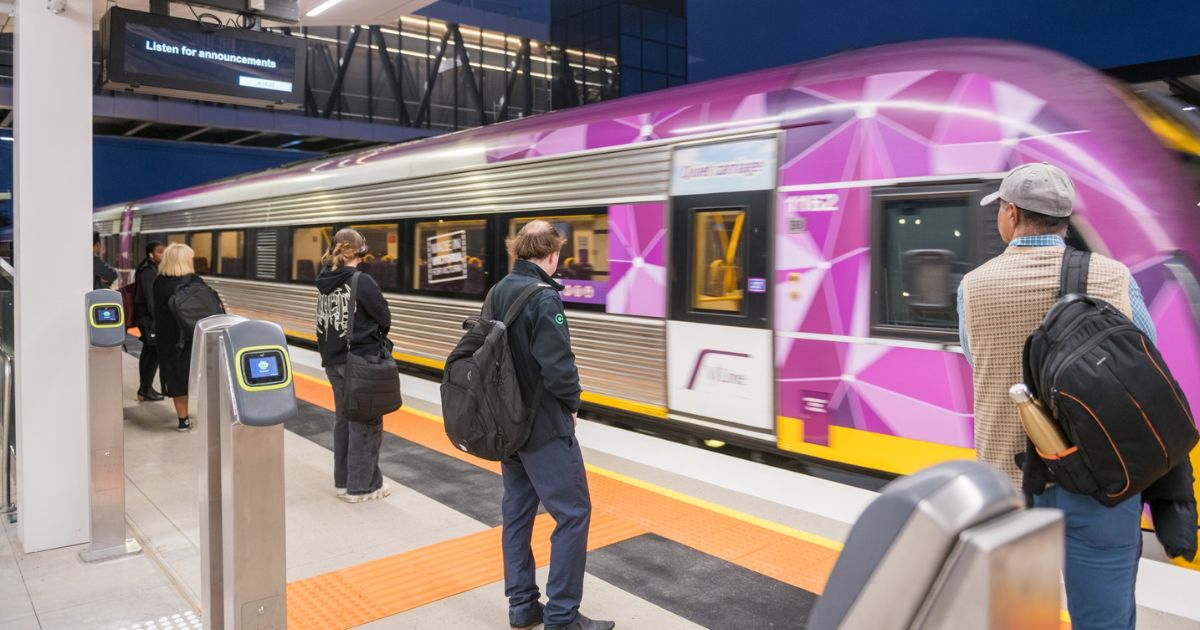Workers win, businesses strained with wage rise

Geelong Trades Hall secretary Tony Anderson says a minimum wage rise is a positive first step to improving conditions for the region's lowest-paid workers. Photo: BILLY HIGGINS
UNIONISTS have welcomed the workplace tribunal’s decision to raise the national minimum wage, which they say will provide desperately-needed relief for low-paid workers struggling with rising cost-of-living pressure.
But Geelong’s business chamber has called for a more nuanced approach to increasing wages and fears the latest increase could be “the final nail in the coffin” for small businesses hardest hit by COVID-19.
The Fair Work Commission (FWC) last week raised Australia’s minimum wage by 5.2 per cent, to $812.60 per week or $21.38 per hour, which would boost some employees’ pay packets by $40 per week.
The rise is marginally above the most recent inflation figure of 5.1 per cent from the first quarter of 2022, which was the number the new Labor federal government proposed in its first submission to the FWC earlier this month.
Geelong Trades Hall secretary Tony Anderson said the pay rise was timely for the region’s lowest-paid workers as they battled rising prices for everyday costs.
“It helps workers try to make ends meet – with their bills, putting their kids through school and all the rest of it. People are living right on the edge,” he said.
“With all the pressures and the ones that are still looming, like electricity bills and petrol prices that is going to escalate, a minimum pay increase is going to help the ones at the lower end of the scale that don’t earn a lot of money.”
Mr Anderson said the wage increase was a positive step but called for further improvements to working conditions such as further entitlements and workforce decasualisation.
Geelong Chamber of Commerce chief executive Ben Flynn suggested delaying the wage spike for industries such as tourism and hospitality, which had suffered trading limits for two years during the pandemic.
“We support wage increases for vulnerable and disadvantaged people who are on minimum wage so they can keep up with inflation – that’s good for everyone,” he said.
“But the timing isn’t great. A lot of businesses have only been operating for a few months since restrictions eased and confidence was starting to build.
“The truth is these businesses have survived COVID and just need the opportunity to operate at full capacity for a few months to rebuild their cash flow.”

















